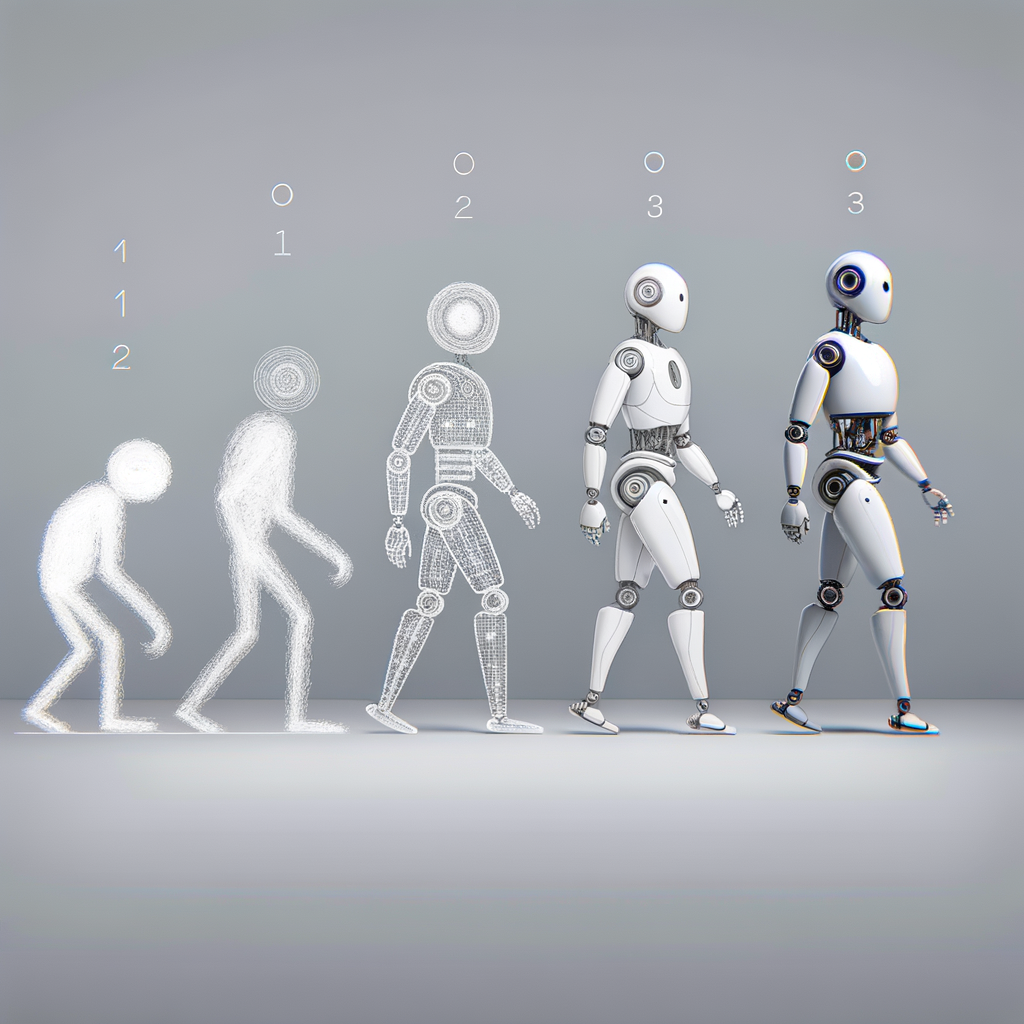
The Evolution of Autonomous AI Agents: From Concept to Reality
Dive into the fascinating journey of autonomous AI agents, exploring their development, applications, and future potential. This blog delves into how these intelligent entities have evolved from theoretical constructs to becoming integral players in various domains, transforming industries with their capability to function without human intervention.
Introduction
In recent years, autonomous AI agents have transitioned from being mere concepts in science fiction to practical tools in today’s tech-driven world. These intelligent agents are designed to operate independently, making decisions and executing tasks without human intervention. This evolution marks a significant milestone in artificial intelligence, promising to reshape industries and redefine how tasks are performed.
Understanding Autonomous AI Agents
Autonomous AI agents are systems capable of performing specific tasks on their own. These agents combine advanced machine learning algorithms, deep learning architectures, and decision-making frameworks to autonomously solve problems or optimize processes. They are distinguished by their ability to adapt to new environments and learn from experiences, increasing their efficiency and effectiveness over time.
Core Components
- Perception: They perceive their environment through sensors or data inputs, which could include camera feeds, text data, or audio inputs.
- Decision-Making: Leveraging AI models, these agents analyze inputs and decide the best course of action. This is often based on pre-set objectives or adaptable goals.
- Action: The execution of tasks or operations, which can be in the form of data processing, mechanical movements, or online interactions.
- Learning: With capabilities for machine learning, these agents improve over time by learning from outcomes and feedback.
Applications Across Industries
Healthcare
In healthcare, autonomous AI agents monitor patient vitals, assist in surgeries, and manage healthcare logistics. Their ability to operate 24/7 without fatigue is invaluable in settings like intensive care units.
Autonomous Vehicles
The automotive industry is a prominent field where autonomous agents are prominently featured. Self-driving cars rely on advanced perception and decision-making algorithms to navigate and operate safely, even in unpredictable environments.
Financial Services
In finance, such agents analyze market trends, execute trades, and manage assets without needing human intervention, providing efficiencies and opportunities for improved investment strategies.
Robotics and Manufacturing
In manufacturing, AI-powered robots perform repetitive tasks with high precision, enhance quality control, and optimize production lines autonomously.
Challenges and Considerations
Despite their potential, autonomous AI agents face challenges such as ethical considerations, safety, data privacy, and the potential for bias in decision-making algorithms. Addressing these challenges involves:
- Developing robust AI ethics frameworks.
- Implementing stringent data privacy measures.
- Creating transparent AI models that can be audited.
Future Prospects
Looking ahead, the scope for autonomous AI agents is vast. Innovations in areas like quantum computing and brain-computer interfaces could further expand their capabilities. As these agents become more sophisticated, they will continue to offer groundbreaking solutions across various sectors.
Conclusion
The evolution of autonomous AI agents is a testament to the rapid advancements in artificial intelligence. Their capacity to independently assess situations and perform tasks signifies a new era where AI not only augments human effort but operates alongside — and sometimes ahead of — human intelligence. As we continue to develop and refine these agents, they will shape a future filled with unprecedented opportunities and challenges alike.